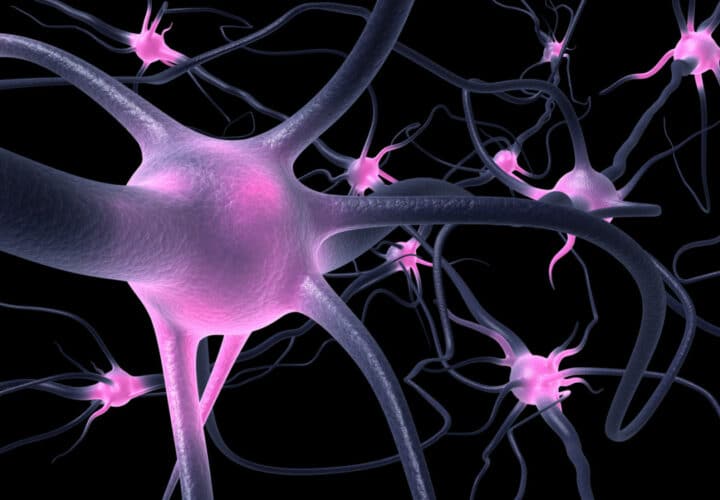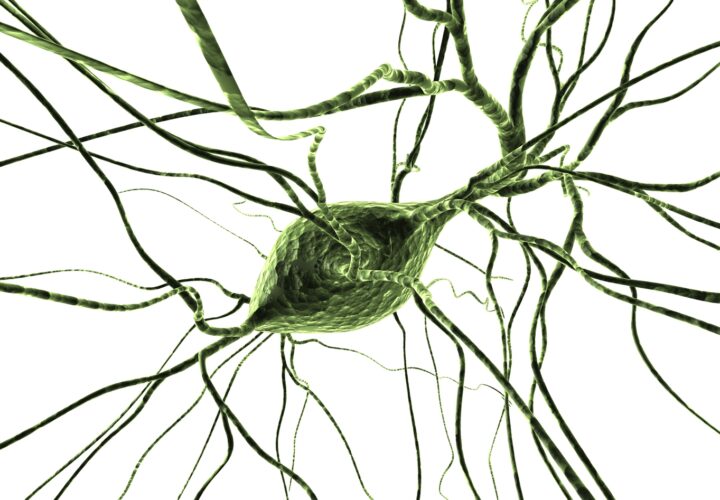A recent study discovered a gene that could be involved in the death of brain cells in Alzheimer’s.
What happens to the brain in Alzheimer’s disease? Scientists know that Alzheimer’s is characterized by beta-amyloid plaques and tau tangles, but they’re still studying how exactly those might trigger brain cell death.
A new study, led by David Katz, PhD, assistant professor of cell biology at Emory University School of Medicine, suggests that a particular gene might have a hand in kickstarting cell death, regardless of the presence of protein plaques. The gene is known as LSD1, or lysine specific histone demethylase. It’s normally responsible for stopping the expression of genes that are supposed to remain turned off. Researchers found that removing this gene in mice caused brain abnormalities similar to Alzheimer’s and frontotemporal dementia (FTD), suggesting it could be an ideal target for new drugs that aim to stop cellular death and the progression of dementia.
In the study, scientists deleted the LSD1 gene in adult mice. Although initially they were studying how this would affect reproduction, the study took a turn when the team realized the deletion caused brain cell death in the hippocampus, the brain’s memory center and the place Alzheimer’s affects the most. Further probes indicated that the deletion triggered changes in inflammation, cell metabolism and cell communication—all of which are associated with Alzheimer’s disease and FTD.
Scientists observed that LSD1 is also disturbed in the brain samples of Alzheimer’s patients. “We were amazed to see the accumulation of LSD1 in neurofibrillary tangles in Alzheimer’s,”said Allan Levey, MD, PhD, director of Emory’s Alzheimer’s Disease Research Center and a collaborator on the study.
Notably absent from the mice was the accumulation of proteins tau and beta-amyloid, which are thought of as the cause of the symptoms of dementia. “In these mice,” said Katz in a statement, “we are skipping the aggregated proteins, which are usually thought of as the triggers of dementia, and going straight to the downstream effects.”
This study was published in the journal Nature Communications. Read the full study here.

